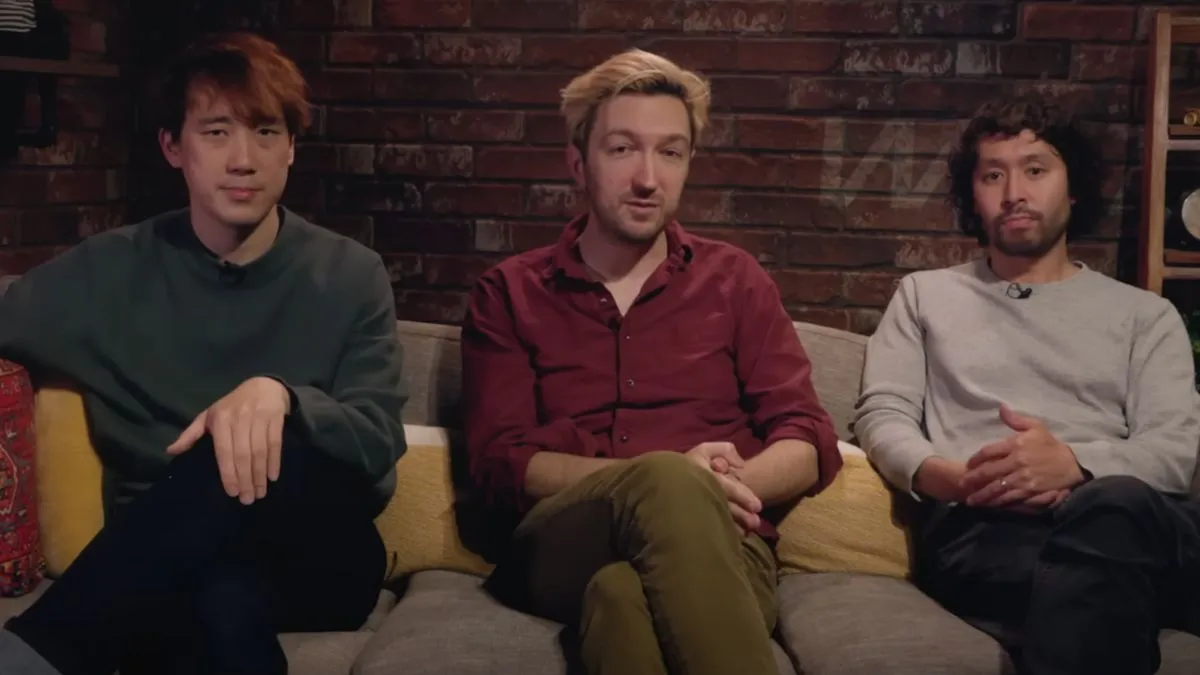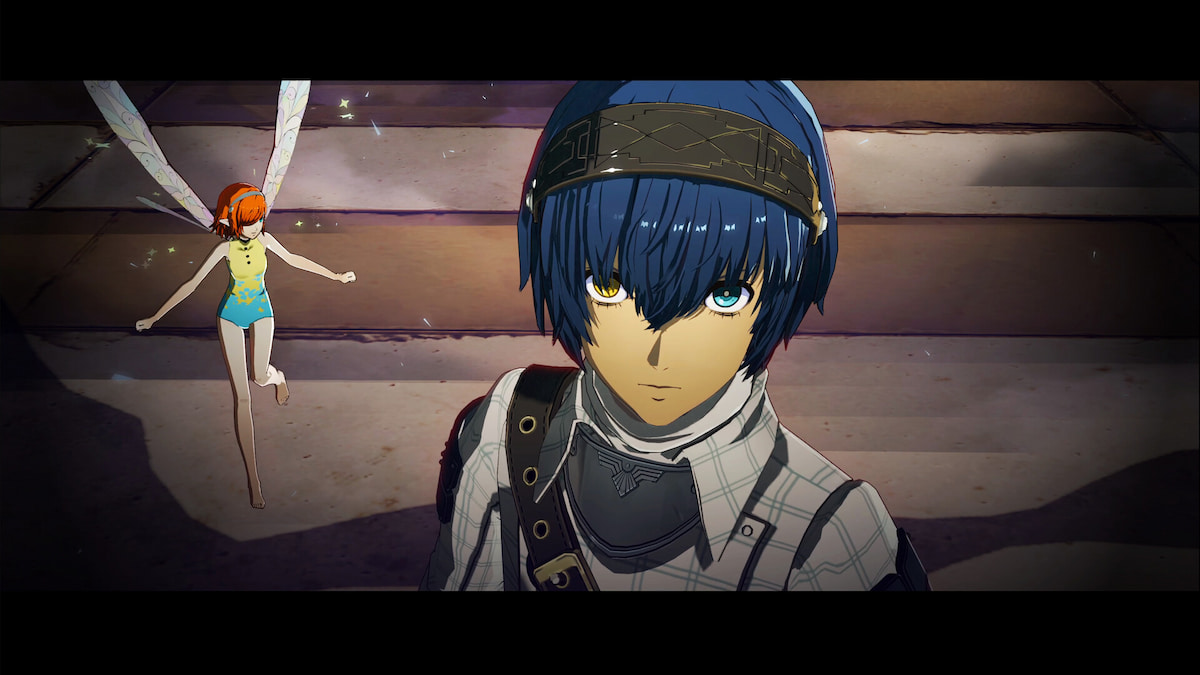
Can videogames keep kids from doing drugs? A $3.9 million grant to Yale says they can.
Assistant Professor of the Yale School of Medicine, Dr. Lynn Fiellin, was issued the grant to develop a game to teach “sex, drug and alcohol negotiation and refusal skills.” The game’s target audience is children ages 9 to 14. The game would employ virtual avatars guided through a number of situations to help them learn to make the right decisions.
The grant comes in the wake of a survey published by U.S. Centers for Disease Control and Prevention, in which 7.1 percent of high school students report having had sex before the age of 13.
While the game is intended to teach the dangers of sex, drugs and alcohol, the game will not depict any of the actions in-game. “The avatars engage in role playing, having conversations in which they refuse to engage in risky behaviors,” Chief of the NICHD’s Child Development and Behavior Branch Peggy McCardle said in a written statement.
When asked how the game can properly teach if it refuses to allow the wrong choice to be made at all, McCardle replied the game is intended to have players create visions of their future. Making the wrong decisions won’t allow the character within the game to do so, but will demonstrate how the future goals are inhibited by doing so.
“The game is still in the design phase, so the exact scenarios haven’t been worked out yet,” McCardle said. “The researchers hope to market the game through school systems. They are acutely aware of the sensitivities involved. They don’t want to create any situations in which teens would participate in inappropriate behavior, and don’t wish to set up any scenarios that school officials and parents wouldn’t approve of.”
The game is slated to be in development over the next five years and will be modified based on input from adolescent testers and project coordinators. The current slated test is to have some play the game (currently titled Retro Warriors) and others play a regular game, comparing the results by the initial age of sexual activity. Games have proven to be successful in an educational field before, so whether Dr. Fiellin can duplicate that success remains to be seen.
Source: CNS News



